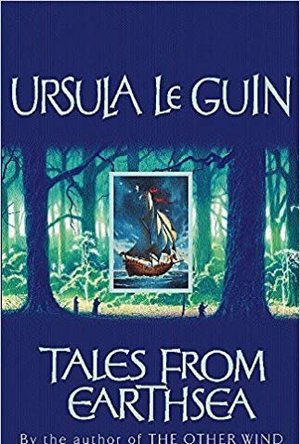
The Hillsborough Disaster: In Their Own Words
Mike Nicholson and Hillsborough Family Support Group
Book
Hillsborough used to be known simply as a suburb within the City of Sheffield, and the home of...
Global Tarantella: Reinventing Southern Italian Folk Music and Dances
Book
Tarantella, a genre of Southern Italian folk music and dance, is an international phenomenon--seen...
Sport and English National Identity in a 'Disunited Kingdom'
Tom Gibbons and Dominic Malcolm
Book
Given sport's centrality in English society, what role does it play in symbolising contemporary...
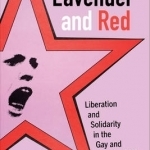
Lavender and Red: Liberation and Solidarity in the Gay and Lesbian Left
Book
LGBT activism is often imagined as a self-contained struggle, inspired by but set apart from other...

What I Know for Sure
Book
In the first issue of O, The Oprah Magazine, Oprah wrote: 'We are all the causes of our own effects...
Eleanor Luhar (47 KP) rated Tales From Earthsea (Earthsea Cycle, #5) in Books
Jun 24, 2019
I am getting a little bored with this series, but I think it's just because of how the writing has a rather archaic feel. This writing really does help create the universe, but it's just not my thing. I appreciate how effective it is in creating the world of Earthsea and immersing you in the book, though.
My favourite tale in this book is the final one, where a woman is allowed entrance into Roke School. I'm interested in seeing if equality returns to Earthsea - women with power are looked down upon, whereas sorcerers, wizards and especially mages are respected for their power.
I will stil finish reading this series, despite not loving it as much as I maybe should. 3 stars.
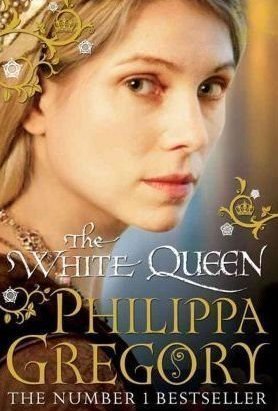
The White Queen (The Plantagenet and Tudor Novels, #2)
Book
Philippa Gregory presents the first of a new series set amid the deadly feuds of England known as...
Replacing Misandry: A Revolutionary History of Men
Paul Nathanson and Katherine K. Young
Book
In the first three volumes of this series, Paul Nathanson and Katherine Young challenge theories...
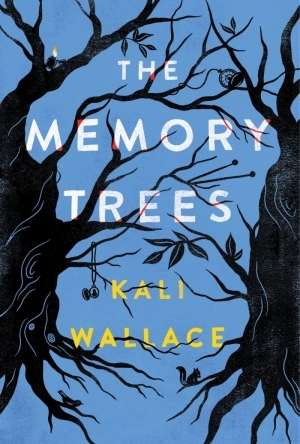
The Memory Trees
Book
The Memory Trees is a dark magical realism novel about a mysterious family legacy, a centuries-old...
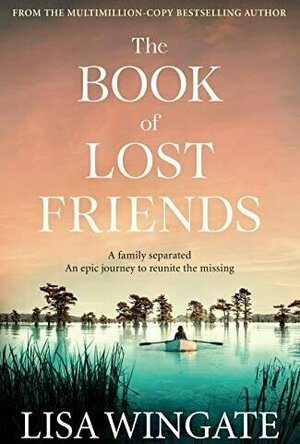
The Book of Lost Friends
Book
THE NEW YORK TIMES BESTSELLER 'A tale of enduring power' Paula McLain From the author of the...

